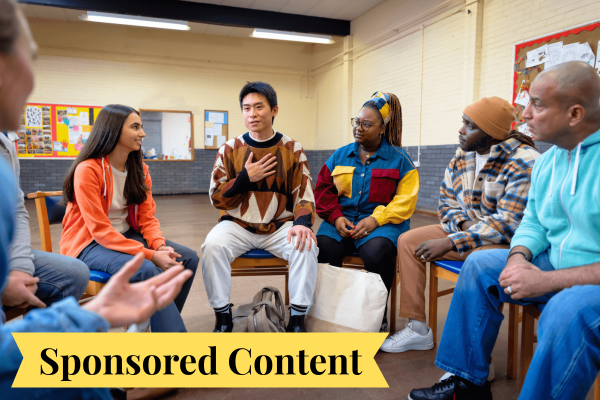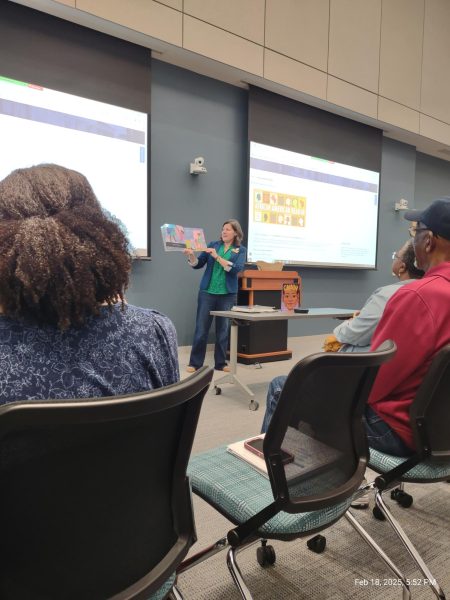Escape the college bubble: staying informed as a student
Between classes, grades and homework, spending time studying anything other than what directly translates into a passing GPA can be a second thought and a challenge for many students. While a university can provide an ideal environment to facilitate academic success, it is left up to the student to see that they remain informed on current world events and political affairs–no simple feat but certainly possible with the right mindset.
We spoke to three UNC Wilmington students who are leaders in their political student groups and understand the necessity of staying informed: senior Elise Yost the president of the College Republicans; junior Delina Girmay, the leader of the College Democrats; and senior Rebecca Fernandez, president of the Feminist Student Alliance and lead-singer of a local feminist punk-rock band.
Q: What would you suggest for students struggling to stay informed?
Fernandez tells students to read the news. It may sound obvious, but reading the news is one of the simplest ways to stay in touch with current events. Do not just read the national news, either; while it may be easier to focus on major news outlets, local outlets will cover politics and current events more relevant to the local community.
Yost says to remember that not all news comes in print form. Most news publishers have websites they publish ongoing stories on. Yost says she prefers online articles, as some are less biased than print articles tend to be. News online makes specific news publications available to everyone, rather than to a specific region, creating more options to choose from. Students can also follow news providers on social media for more frequent updates–an option useful for ongoing events.
Girmay reminds students they do not have to spend hours reading news articles. “It takes five minutes to read the news,” Girmay says. “No one sits there and watches it all day.” Take five minutes out of the day and start googling for current events. Knowing what is going on in the world looks good on students and it shows they want to be engaged.
Q: How do you get around media bias?
All news outlets have some inherent bias, but with the internet, fake news articles have become a real problem, according to Fernandez. Fake news can range from small claims huge scandals, like claiming Hillary Clinton is running a children’s sex ring out of a pizza parlor. “Think critically,” she says. “Fact check. Look at their sources.” When reading the news, especially from online news sites, check for verifiable and credible sources and attributions. Be wary of clickable links, as on some less reputable sites can contain malware. Other red flags include outrageous claims or sensationalized language used by the article to provoke a reaction, rather than inform the reader.
Yost says some outlets are far more biased than others. Remain skeptical, and try to consider the piece from an opposing perspective. Try to consider, “if [the president] didn’t do it, would you think differently?” Always have an individual attitude when reading the news to avoid getting caught up with popular opinion, rather than your opinion of the facts.
Everyone has a bias, and newspaper reporters are no different, Girmay offers. She says all news stories should raise some questions, and students should read articles with the intent of asking questions about it.
Q: Is there anything else students can do to stay informed?
Yost, Girmay, and Fernandez all agree that getting involved in the local community, whether in a political club or other student organization, is one of the best ways to introduce and expose students to a variety of perspectives, opinions and people. Community involvement is an opportunity to connect to new voices, new ideas and new conversation. Even if a student is undecided, being involved with a political student organization will promote interaction and engagement.
The College Democrats, College Republicans and the Feminist Student Alliance encourage students to contact them and visit their meetings, whether for open discussion, or simply to understand their values. As Girmay says, “the world is changing. If you’re not going to care, who is?”











